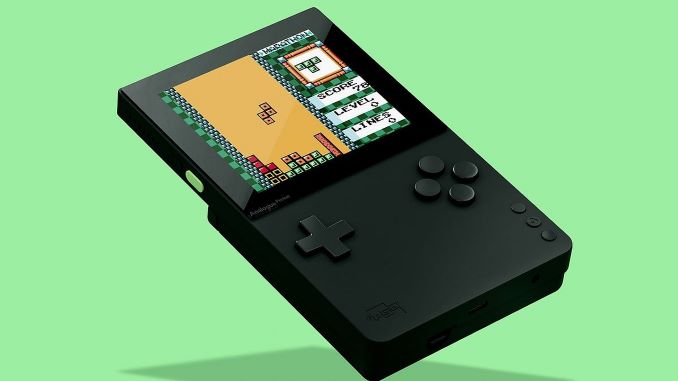The Analogue Pocket has always marketed itself as a way of preserving handheld game history. When it launched last fall, it was described as a way to “celebrate and explore the history of games with the respect it deserves.” The console provides a retro gaming experience on a sleek device at about $200, without using emulation and on an LCD screen. Out of the box, the console is compatible with Game Boy, Game Gear, and Atari Lynx games, and can play select others using adapters. However, something users have been asking for since launch is a “jailbreak” for the system—in this case, the ability for users to access and edit the operating system, as well as the ability to play ROM files and games from currently unsupported systems.
This weekend, some of those wishes were granted. On Saturday, Analogue released OS v1.1, which allows developers to tweak the FGPA cores that make up the system, and therefore to simulate other consoles the Pocket doesn’t yet support. The update also adds “Library” and “Memory” features that work as digital game records and save states.
To show off this new update, Analogue released an FGPA core simulating Spacewar!, one of the first videogames, which was made in 1962. Spacewar! is a battle between two spaceships which was developed at MIT to test the PDP-1 minicomputer. The game is multiplayer in order to preserve the computer’s processing power, and although it was never sold commercially, it became popular in the programming community and went on to inspire the Atari games Space War and Asteroids . The Pocket’s core is the first time Spacewar! has run on a system other than the PDP-1 and been commercially available.
Later in the day on Saturday, a GitHub user reportedly uploaded two repositories allowing Pocket users to play Game Boy and Game Boy Advance games on the Pocket. Taking advantage of the v1.1 update, these repositories (which are not officially supported by Analogue) allow users to load games from ROM files stored on an SD card, meaning that they address two of the console’s issues: limited support for older consoles, and inability to use ROM files.
While the greater freedom from both the official release and the FGPA repositories has been celebrated by some users, it’s worth remembering that using the Pocket still usually requires physical game cartridges that are over 20 years old. Between this and the accessories that make them usable, the device can easily get much more expensive. Balancing luxury with preservation, even after these updates, seems more complicated than it appeared at first.
